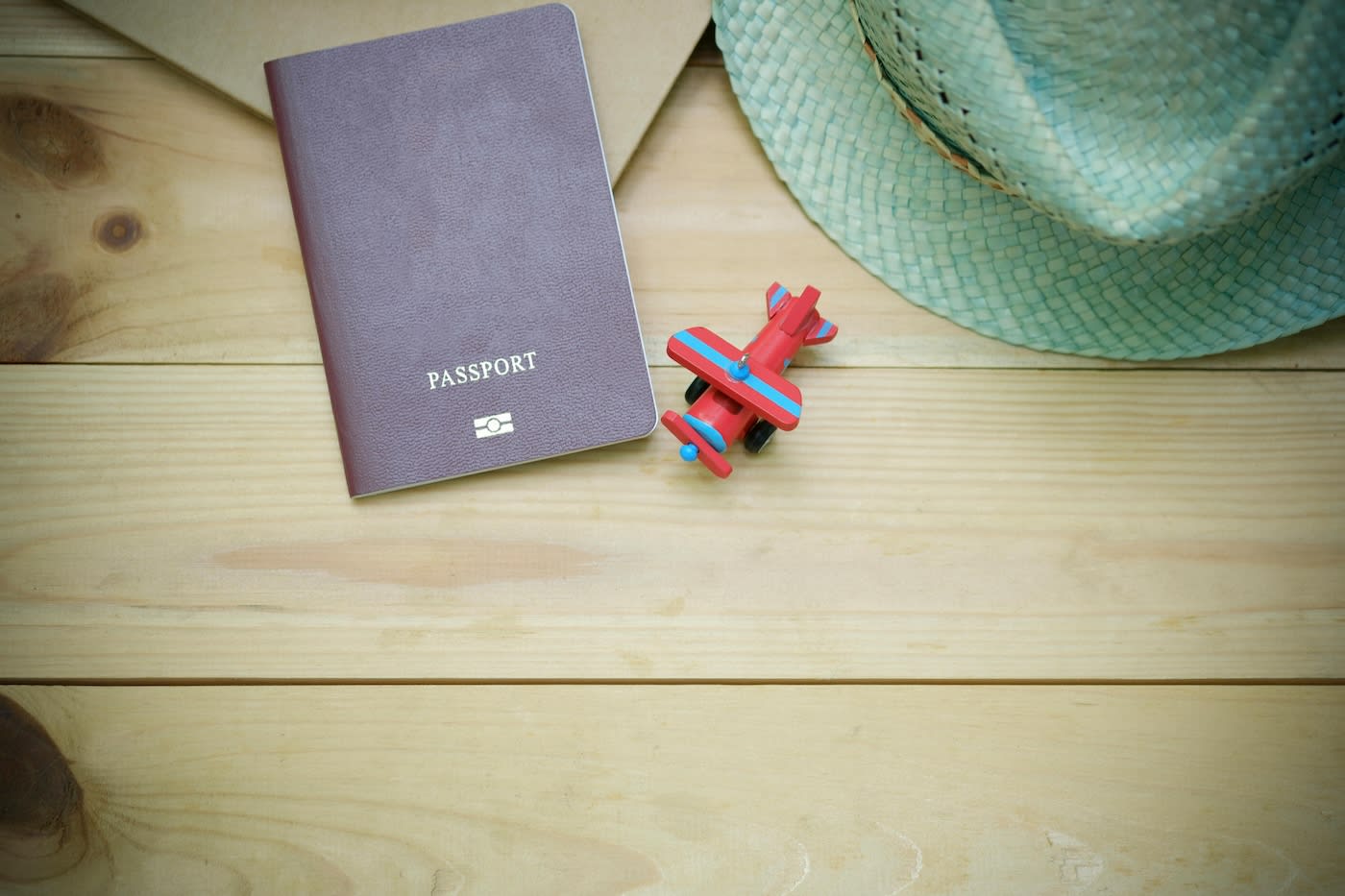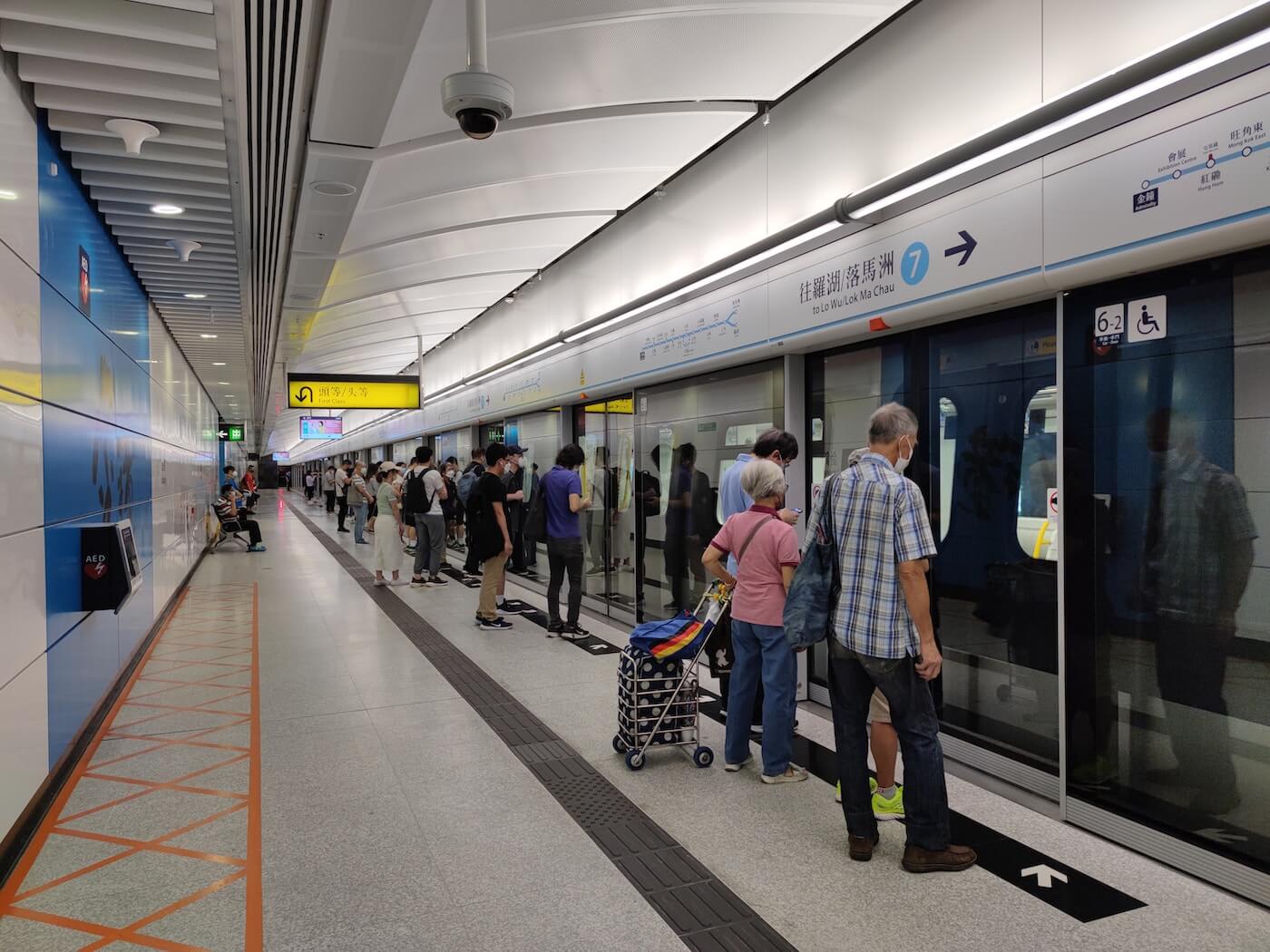Ultimate checklist for moving to Hong Kong
Key details to help you prepare for an upcoming relocation.

Hong Kong has the nickname “Asia’s World City” for good reason. It’s an expansive, eclectic place that blends tradition and modernity. Thinking about moving to Hong Kong? A new home can be an exciting prospect. The city offers endless chances for personal and professional growth. However, this kind of decision also requires careful planning. Before you pack your bags, be sure to use our guide for living in Hong Kong long-term, which includes the following checklist:
- Apply for a visa
- Get a Hong Kong ID card
- Get an Octopus card
- Set up a bank account
- Look into healthcare
- Research where to live
- Determine how to bring your pets
Apply for a visa

What’s the first step in relocating to Hong Kong? Applying for a visa. The process can vary depending on your nationality and the purpose of your stay. It’s crucial to research the different visa options available and make sure you meet the eligibility criteria.
Having your work visa issued before moving is the most efficient process, as it allows you to start working right after you move. Additionally, within 30 days of receiving your visa, anyone over the age of 11 must register for a smart identity card, which serves as proof of identity and residency.
Get a Hong Kong ID card

When obtaining a Hong Kong ID card, residents, long-term visitors, and students living in Hong Kong must navigate through a straightforward yet crucial process. Start by gathering the necessary documents. This includes your passport, proof of address, and a valid visa. Once you have all the required paperwork, schedule an appointment at the Immigration Department. The department has several branches across the city. During your appointment, be prepared to provide biometric information, such as fingerprints and a digital photo, for your ID card.
It’s essential to complete the application process promptly, especially if you plan to stay in Hong Kong for an extended period. Within 30 days of your arrival in the city, visit the Immigration Department to start the application process. Failure to do so may result in penalties or difficulties during your stay. Also, keep in mind that your Hong Kong ID card serves as more than just proof of identity – it grants you access to a wide range of government services and facilities. From healthcare and education to public transportation and banking, your ID card plays a central role in your daily life in Hong Kong.
To streamline the application process, consider seeking assistance from reputable immigration consultants or expat services. These professionals can help you prepare your documents and ensure that your application is submitted correctly. Being proactive means you’ll enjoy peace of mind. Plus, you’ll have access to essential services sooner rather than later as you settle in after moving to Hong Kong.
Get an Octopus card

One of the first things you’ll need to do once you get to Hong Kong is to get an Octopus card. This debit-style card is used for public transport, shopping, dining, and more. You can apply for an Octopus card and top it up at various locations across the city, including MTR stations, 7-Eleven stores, and Starbucks outlets. Having an Octopus card will make navigating the city’s extensive public transportation network much more convenient.
Set up a bank account 
Setting up a bank account in Hong Kong is a vital step in managing your finances and going about daily life here. Luckily, Hong Kong offers numerous options for residents and expats. Look into different banks to find the one that best fits your needs. Popular choices include HSBC, Standard Chartered, and Bank of China.
When applying for a bank account, ensure you have all the necessary documents on hand. Typical items include your passport or Hong Kong ID card as proof of identity, along with proof of address, such as a utility bill or rental agreement from a Hong Kong apartment provider like Blueground. You’ll also need to provide a valid visa, as all residents over the age of 11 are required to have a bank account linked to their HKID card.
If you can, visit banks in person to speak with representatives and gather information about their offerings, fees, and features. Some banks may offer specialized accounts for expatriates. These banks might have benefits such as multi-currency options, international transfers, and dedicated expat services.
Once you’ve selected a bank, schedule an appointment to open your account. This process typically involves completing an application form, providing the required documents, and verifying your identity. Want to make it easier? Many banks offer online account opening services for added convenience.
Look into healthcare in Hong Kong

Worried about getting sick or injured? Or just want to make sure you’re fully covered? Hong Kong boasts one of the best healthcare systems in the world, providing high-quality medical care to locals and visitors. With an HKID card, you’ll have access to public healthcare services, including hospitals and clinics operated by the Hospital Authority.
Some expats choose to supplement their healthcare coverage with private insurance to access additional services and amenities. This may give you extra peace of mind after moving to Hong Kong. It’s another healthcare option to consider.
Research where to live

Once you decide you’re moving to Hong Kong, the next question is: Which neighborhood should you live in? The city has a wide range of accommodations, from high-rise apartments in the city center to spacious homes in the suburbs. Plus, dozens of neighborhoods with unique personalities.
Consider factors such as location, amenities, and budget when exploring different areas to call home. Maybe you want to live in a one-bedroom Hong Kong apartment close to where you’ll work. Or perhaps being near the water is more important to you. Here’s something else to keep in mind: some of the best neighborhoods in Hong Kong for expats include Central, Mid-levels, and Discovery Bay. Each has a distinct charm and appeal.
Determine how to bring your pets

Bringing Fido or Whiskers with you? Fortunately, there are plenty of pet-friendly homes in Hong Kong. Just be sure to prepare the necessary documents and arrangements in advance. The city is well-suited for pet-lovers, with plenty of parks, cafes, and amenities catering to four-legged friends. However, there are specific requirements and regulations for importing pets into the city, so be sure to research and comply with them all.
Ready to relocate?

No matter where you currently live, moving to Hong Kong offers a wealth of opportunities. Of course, you’ll need to plan and prepare carefully. By following this comprehensive checklist and conducting thorough research, you can enjoy a smooth transition to your new home.








